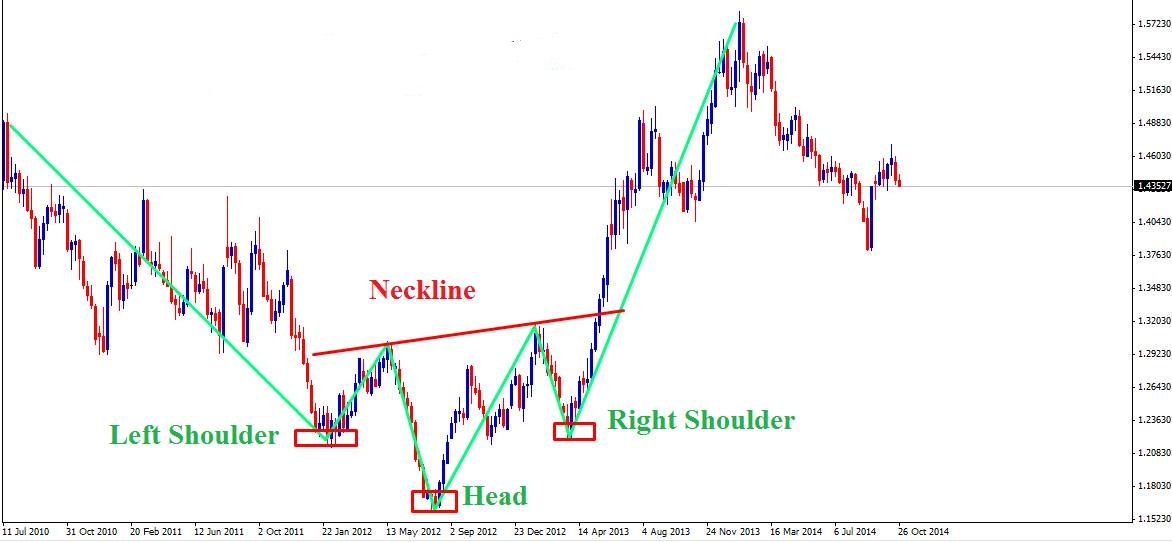Legal Definition of Pari passu charge Pari passu charge meaning

The transfer of physical possession of movable assets like stocks of raw material or finished goods, certificates, etc., by a borrower to the Bank as a security against some loan/debt. Likewise, the one registered after that would rank 2nd in order of priority of claim lodgement and would be known as 2nd charge. The floating charge is useful for many companies, allowing them to borrow even though they have no specific assets, such as freehold premises, which they can use as security. A floating charge allows all the company’s assets, such as stock in trade, plant and machinery, vehicles, etc., to be charged.

To secure their loans, both banks take a Pari Passu Charge on the company’s assets. In short, the difference between the two terms is that pari passu refers to the relationship between investors, and pro-rata refers to distribution of funds between them. When a company borrows money or takes a loan from a creditor, the creditors would like to know if there are any other creditors in line with those creditors or ranked above them.
In the context of legal terminology, it means ‘to be equal in right of payment’. After raising the capital, the company becomes insolvent and must liquidate. According to the pari-passu rule, since the two bonds are within the same tranche, hold the same rights of payments, and are equally senior to each other, the pari-passu principle holds. However, the principle would not hold between the bonds and the stock since the bonds would hold a priority of payment to the stock.
More Definitions of Pari Passu Basis
Pari-passu is a Latin phrase used in contract law that describes situations where two or more assets, securities, creditors, or obligations are equally managed without preference. The term is most commonly found in reference to elements of bankruptcies, loans, and bonds. Since an asset backs secured debts, they are often not fully equal to the other obligations held by the borrower. Since there is no asset supporting unsecured debts, there are greater instances of borrower default or bankruptcy. As mentioned above, the pari passu in loan agreements is related to unsecured creditors or unsecured claims.
Let’s say Ron is a business owner who wants to take out a $100,000 business loan. Ron approaches several banks, but no single bank will agree to lend him the entire $100,000. Instead, he receives separate $25,000 loans from four different banks. New customers need to sign up, get approved, and link their bank account. The cash value of the stock rewards may not be withdrawn for 30 days after the reward is claimed. Counterintuitively, some pari-passu obligations might result in a pro-rata division of benefits.
Pari Passu Basis definition
Pari-passu is a financial term meaning that all parties or assets involved in a contract will be treated equally. It often refers to loans or bonds, meaning that a specific debt is ranked equally with the debtor’s other obligations. A Latin term that means “on equal footing,” pari-passu is commonly used when a person or business files for bankruptcy. It indicates that several creditors will be paid pro-rata (proportionally based on their investment), in equal rank, and at the same time. In banking, pari-passu is typically used in the context of unsecured debt, which are bonds or loans not backed by collateral.

With preferred shares, each share is equal in the sense that they each hold an equal preference with dividend distributions and a preference (ahead of common shares) in the case of a liquidation. In 1983, Peru sold sovereign debt instruments that were guaranteed by two of its national banks. As a result, a deal was established to exchange the debt for Brady Bonds, a type of bond denominated in U.S. dollars that was mainly issued by Latin American countries. While pro rata refers to proportional distribution obligations, pariipassu refers more to the seniority of those obligations.
What Is the Difference Between Pari-Passu and Pro Rata?
This information is educational, and is not an offer to sell or a solicitation of an offer to buy any security. This information is not a recommendation to buy, hold, or sell an investment or financial product, or take any action. This information is neither individualized nor a research report, and must not serve as the basis for any investment decision. All investments involve risk, including the possible loss of capital.
- When a company borrows money or takes a loan from a creditor, the creditors would like to know if there are any other creditors in line with those creditors or ranked above them.
- Likewise, the one registered after that would rank 2nd in order of priority of claim lodgement and would be known as 2nd charge.
- Since an asset backs secured debts, they are often not fully equal to the other obligations held by the borrower.
- Usually a margin (in shape of additional stocks) against the hypothecated stocks is also taken to safeguard the interest of the Bank in case of any price fluctuations.
For example, in the event of a liquidation, senior secured debt holders would get paid before junior secured debt holders, and junior secured debt holders would get paid before unsecured debt holders. Now, if Ron’s business goes bankrupt and he liquidates all its assets, the money will be distributed equally among the creditors. If his liquidated assets total $40,000, each creditor will receive $10,000. Pari-passu is a Latin term that means “on equal footing” and means that various parties in a financial arrangement have equal rank and rights of payment. A Legal Lien is a right to retain physical possession of tangible assets as security against some obligation. It is a form of possessory security, and possession of the assets must be transferred to (and maintained by) the secured party (lender/bank).
Banking Law in
Once the rate of requests has dropped below the threshold for 10 minutes, the user may resume accessing content on SEC.gov. This SEC practice is designed to limit excessive automated searches on SEC.gov and is not intended or expected to impact individuals browsing the pari passu charge meaning SEC.gov website. By using this site, you are agreeing to security monitoring and auditing. Please declare your traffic by updating your user agent to include company specific information. At BoK this margin ranges from 25% to 35% of the value of hypothecated stocks.
Once the agreement is entered, all parties legally have the same rights, rank, and seniority involving the assets or obligations in question. For example, if a corporation issues bonds on a pari-passu basis, then every bondholder has an equal right to payment. By issuing the bonds on a pari-passu basis, the corporation makes it clear that there is no priority given to bondholders who purchased bonds at an earlier time. A parity bond refers to two or more bond issues with equal rights of payment or equal seniority to one another.
Meaning of pari passu in English
He is a CFA charterholder as well as holding FINRA Series 7, 55 & 63 licenses. He currently researches and teaches economic sociology and the social studies of finance at the Hebrew University in Jerusalem. So, if the company’s total assets are worth Rs. 6 crore, Bank A will get 5/8th (or 62.5%) of the available assets, while Bank B will get 3/8th (or 37.5%) of the available assets. This is because Bank A’s loan is larger than Bank B’s loan, so it will get a larger share of the available assets, but the share will still be proportionate to the amount of the loan. Hypothecation of stocks is usually demanded in case of Running Finance facilities or financing of raw material or stocks or financing of working capital. Usually a margin (in shape of additional stocks) against the hypothecated stocks is also taken to safeguard the interest of the Bank in case of any price fluctuations.
This means that both banks will share the available assets on a pro-rata basis. It may include, but not limited to, assets acquired through financing sanctioned to the customers, e.g. machinery, stocks, etc. as well as current assets, fixed assets, real estate, liquid assets, etc. Lien is a legal right/claim to take and hold or possess the property/assets/documentary intangibles/certificates/accounts/deposits, etc., of a debtor as security against a loan or for payment of a loan. Financing to be allowed against Ranking Charges only in case of highly reputed borrowers and subject to availability of sufficient cushion in the value of the assets of the borrower.
pari passu
Gains sufficient rights over it so that it is able to enforce its right over the security, such as a right to take possession of the property OR sell it for the purpose of recovery of loan in case of default. Sometimes, it is also named in other words like ‘ranking equally’, ‘with equal force’, ‘hand in hand’, or ‘moving together’. Black’s Law Dictionary (8th ed., 2004) defines pari passu as “proportionally; at an equal pace; without preference”.
Form 424B2 HSBC HOLDINGS PLC – StreetInsider.com
Form 424B2 HSBC HOLDINGS PLC.
Posted: Mon, 07 Aug 2023 13:30:00 GMT [source]
The right is purely passive; the secured party (bank) has no right to sell the assets – merely a right to refuse to return them until the loan amount is fully repaid. The special nature of the floating charge is that the company can continue to use the assets and can buy and sell them in the ordinary course of business. It can thus trade with its stock and sell and replace plant and machinery, etc, without getting fresh consent from the mortgagee/lender.

